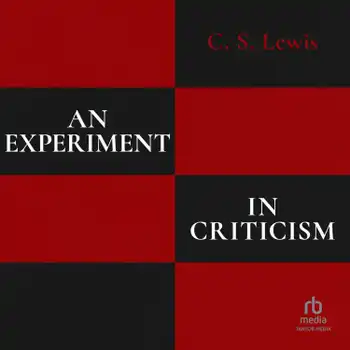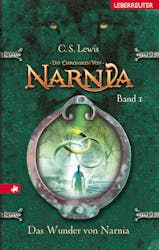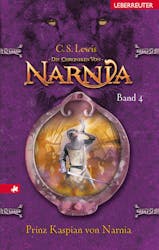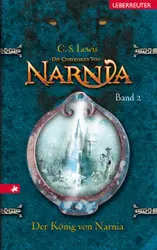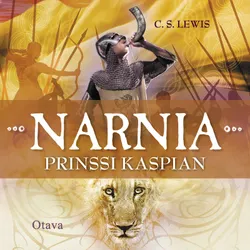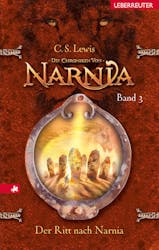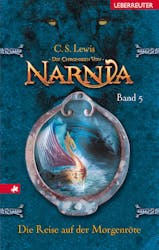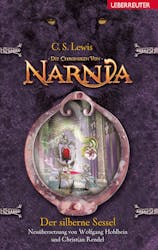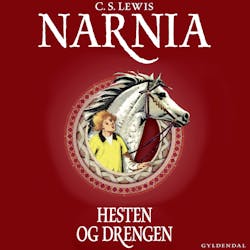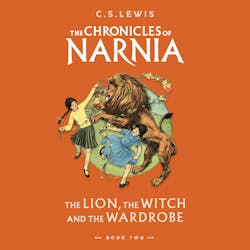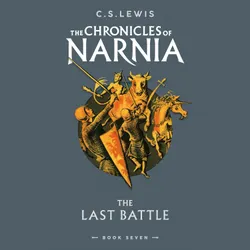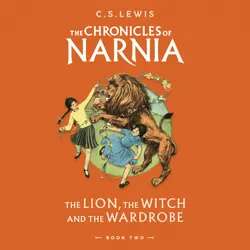Why do we read literature and how do we judge it? C. S. Lewis's classic An Experiment in Criticism springs from the conviction that literature exists for the joy of the reader and that books should be judged by the kind of reading they invite. He argues that 'good reading', like moral action or religious experience, involves surrender to the work in hand and a process of entering fully into the opinions of others: 'in reading great literature I become a thousand men and yet remain myself'. Crucial to his notion of judging literature is a commitment to laying aside expectations and values extraneous to the work, in order to approach it with an open mind. Amid the complex welter of current critical theories, C. S. Lewis's wisdom is valuably down-to-earth, refreshing and stimulating in the questions it raises about the experience of reading.
An Experiment in Criticism
Starten Sie noch heute mit diesem Buch für 0 €
- Hole dir während der Testphase vollen Zugriff auf alle Bücher in der App
- Keine Verpflichtungen, jederzeit kündbar
Autor*in:
Sprecher*in:
Sprache:
Englisch
Format:
Die Chroniken von Narnia - Das Wunder von Narnia (Bd. 1)
C.S. Lewis
bookDie Chroniken von Narnia - Prinz Kaspian von Narnia (Bd. 4)
C.S. Lewis
bookDie Chroniken von Narnia - Der König von Narnia (Bd. 2)
C.S. Lewis
bookPrinssi Kaspian
C.S. Lewis
audiobookbookDie Chroniken von Narnia - Der Ritt nach Narnia (Bd. 3)
C.S. Lewis
bookDie Chroniken von Narnia - Die Reise auf der Morgenröte (Bd. 5)
C.S. Lewis
bookDie Chroniken von Narnia - Der silberne Sessel (Bd. 6)
C.S. Lewis
bookThe Problem of Pain
C.S. Lewis
audiobookNarnia 3 - Hesten og drengen
C.S. Lewis
audiobookbookThe Lion, the Witch and the Wardrobe: Abridged
C.S. Lewis
audiobookThe Last Battle
C.S. Lewis
audiobookThe Lion, the Witch and the Wardrobe
C.S. Lewis
audiobook
